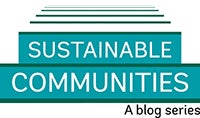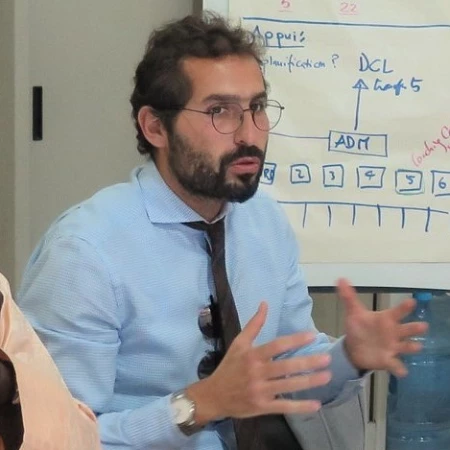Also available in: Español

Six years ago, a revolution started in Tunisia with an unemployed young Tunisian in a secondary city desperate to make his voice heard. This revolution reshaped the country’s development agenda and triggered a decentralization process to give more say to local governments in policymaking. Since then, the World Bank’s work on local governance in Tunisia has expanded from equipping municipalities with basic services into tackling the diverse challenges of decentralization: institutional reform, participatory processes, transparency and accountability, capacity building, and performance assessment.
Across the Sahara, in Senegal, we have also witnessed first-hand the importance of making local voices count for good governance. For over a decade, local governments in the country have been striving to include the voice of their populations into policymaking processes. Similar to Tunisia, the Senegalese government is now preparing a program to strengthen local governance and improve urban livelihoods. This November, we brought together government officials from Tunisia and Senegal on a study tour in Tunis to explore how Tunisia’s post-revolution decisions and actions could inspire Senegal’s ongoing decentralization efforts and governance reforms supported by the World Bank’s PforR financing instrument.
What did we learn? Here are our main takeaways:
Decentralization agenda in Senegal and Tunisia
The study tour let Senegalese officials better understand the institutional and legal context of decentralization in Tunisia as the country moves toward local democracy. While Senegal has a longer history of decentralization (originally introduced in Act I of 1972), Tunisia took the “fast track” on enacting and implementing decentralization laws. Recent examples include the creation of the Ministry of Local Affairs in Tunisia in January 2016 and the transfer of power and resources from the central government to local agencies.
Participatory processes in local governance
Senegal has a long tradition of citizen participation in municipal budgeting and other local affairs. Conversely in Tunisia, citizen participation in local governance was introduced into the country’s constitution only in 2014 and its practice in municipal life is still nascent. Coincidently, a Senegalese expert trained Tunisian officials on the issue and helped the Tunisian government develop a participatory approach to local governance. Despite years of highly centralized governance, the Tunisian people have embraced this development with great enthusiasm and dedication. During the study tour, the Senegalese delegates were particularly impressed by Tunisia’s rigorous methodology as well as the human and financial means deployed to implement citizen participation at the local level, which is more sustainable than Senegal’s informal approach.
Transparency and accountability
Thanks to citizen participation, Tunisians are now strongly engaged in accountability and transparency agendas in local governance. It was particularly inspiring for the Senegalese delegates to learn about Tunisia’s new electronic portal on local governments and its role in (i) ensuring the accountability of local governments to their citizens, especially through a grievance redress mechanism, (ii) ensuring the transparency of financial and management data across all municipalities, particularly through the performance assessment scores for each municipality, and (iii) enabling local governments and state agencies to collaborate electronically. It’s not surprising that the Senegalese delegates deemed developing a similar portal in Senegal not only feasible, but also highly desirable.
Technical assistance, capacity building, and performance assessment
The new roles and responsibilities entrusted to local governments in Tunisia are backed by technical assistance and capacity building training. Offered by government-supported agencies called CPSCL and CFAD, The training and technical assistance aim to enable local governments to efficiently and sustainably manage local affairs. CPSCL’s scientific approach to just-in-time and on-the-job technical assistance to local governments became an inspiration for the Senegalese delegation: the various technical assistance activities are linked to performance assessment indicators, thus creating a virtuous cycle of training/evaluation.
Efforts to build a stronger partnership between Tunisia and Senegal on local governance reform didn’t stop at the study tour. Before leaving Tunisia, officials of the Senegalese municipality of N’Diob signed a twinning convention with their counterparts representing the Tunisian municipality of Soukra—an invitation for further collaboration between the two countries.




Join the Conversation